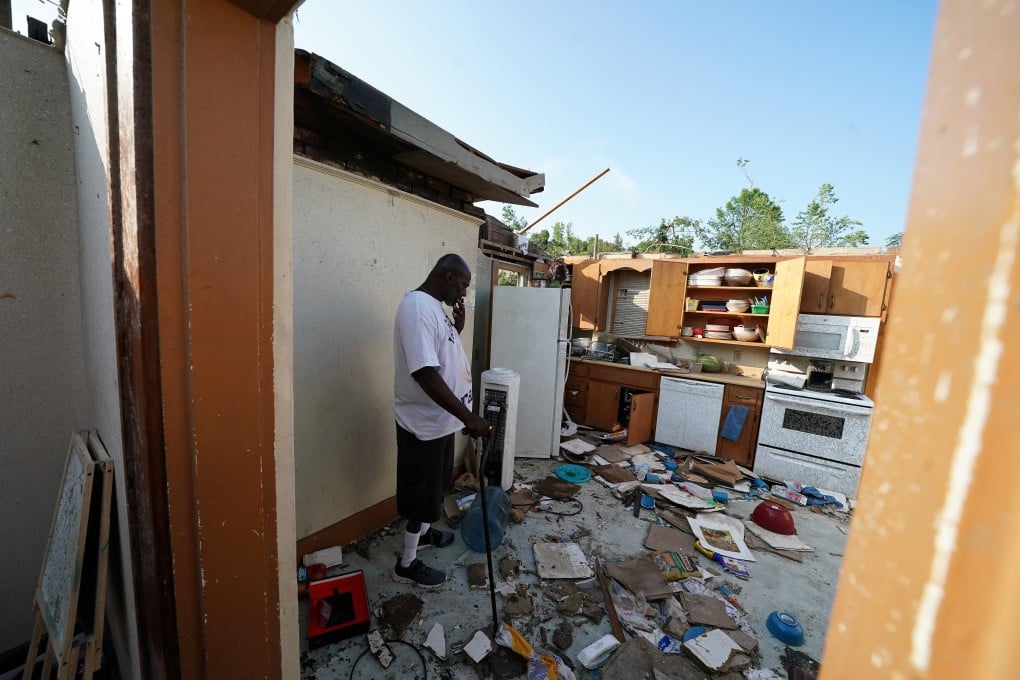Advertisement
On Balance | The grave threat to US civilisation is not China, but climate change
- For its own profit, the Trump administration wants to downplay the challenge of global warming, and flooding the media with dire warnings about China is one way to distract voters
Reading Time:3 minutes
Why you can trust SCMP

In the great Sino-American rift that opens wider by the day, the word “civilisation” is already overdone.
The C-word now occupies the debate around the current United States-China trade war in the same way that vape pens have become a fixture of adolescence. Both trends are equally mindless and unhelpful.
US State Department official Kiron Skinner may have brought the term into the trade war rhetoric, but the idea that we’re in a civilisational stand-off preceded her remarks.
Advertisement
Many in the orbit around US President Donald Trump – including Michael Pillsbury, Peter Navarro and Steve Bannon – had already hyped the two countries’ differences to such heights.
There may be more to this strategy than concern about the threats the Chinese government pose to the US.
Advertisement
It took decades for Washington to finally understand that Beijing has no intention of adopting the kind of reforms that became the defining characteristics of Western liberal democracies: checks and balances on government, freedom of expression, and open markets that make no distinction between nations of origin.
Advertisement
Select Voice
Select Speed
1.00x
